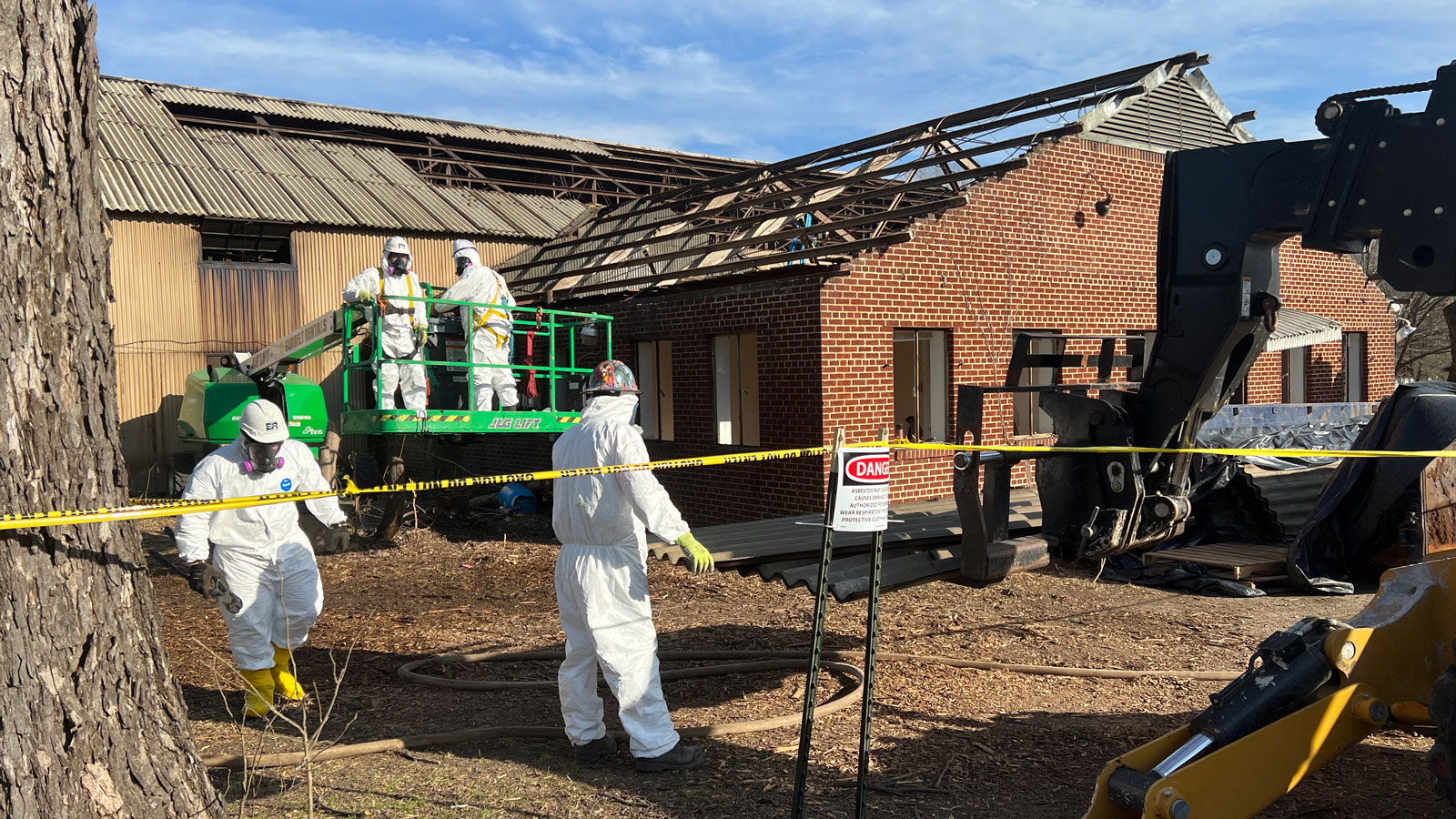
Superfund Back on Track
Superfund cleanups protect communities and the environment from toxics, but lack of funding slowed progress. The Bipartisan Infrastructure Law put Superfund back on track.
Superfund cleanups protect communities and the environment from toxics, but lack of funding slowed progress. The Bipartisan Infrastructure Law put Superfund back on track.
Report ●
We worked with PennEnvironment to identify Allegheny County’s Toxic Ten – the 10 active facilities emitting the most toxic air pollution in the county. These 10 industrial facilities emitted more than 955,000 pounds of toxic pollutants in 2016 – contributing more than 70 percent of the air pollution from all industrial sources in the county. To find out more about each facility and identify which ones are closest to you, go to ToxicTen.org.
Americans are exposed to hundreds of chemicals on a daily basis. They are in our personal care products, our cookware, our furniture and our electronics. They are used on our lawns and on the crops that produce our food. They are also in our bodies.
The Zika virus and its anticipated spread across North America is alarming for two reasons: first, that it can cause birth defects in babies whose pregnant mothers are bitten by an infected mosquito, and second, that a likely response here in the U.S. is increased “fogging”—spraying pesticides throughout neighborhoods to kill adult mosquitoes in an attempt to control the spread of the disease—though that approach also may have risks for babies.
On a recent vacation in Germany with my husband, we spent a day at the Deutsches Museum, a huge science and technology museum. Two exhibits, one on nanotechnology and the other on nuclear power, presented strikingly different messages about acceptable risks to society from any I’ve encountered from a major institution in the U.S.
